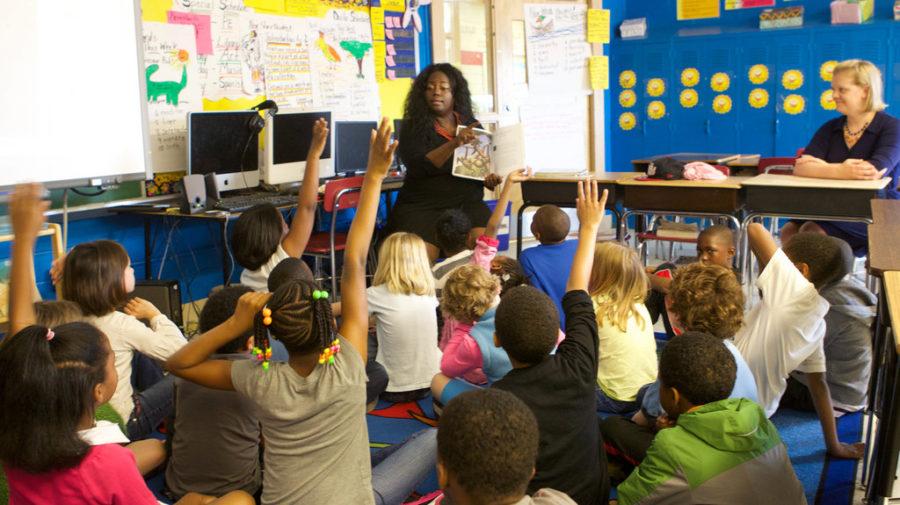Electoral Kindergarten
December 6, 2016
The Electoral College, which should be called the Electoral Kindergarten, is blamed for being unrepresentative and unfair. This was displayed in our recent election when Hillary Clinton won almost 2,000,000 more votes than Donald Trump. The Electoral College allows the loser of the popular vote to win the presidency. This has happened in 5 out of 57 (9% of) presidential elections. Even 1% of these elections would be unfair and undemocratic. We shouldn’t have a system where this is possible, much less one where it is frequent. Some argue that since the system is one in which states, rather than individuals, vote, the presidential candidates will pay more attention to the needs of Middle Americans rather than just wealthy urbanites. But the truth couldn’t be more different.
Because the Electoral College guarantees each of our two parties the votes of different states, the presidential candidates spend all of their time in “swing states” during election season, making the race one of the states of Florida, Pennsylvania, North Carolina, and Ohio, as the candidates only need to cater their platform to these states. This means that the majority of Americans will not have their concerns addressed during election season.
Furthermore, the system causes the overrepresentation of small states in presidential elections. Every state gets one electoral vote for each of its representatives in the house and two more for each of its senators. Each voter in Wyoming (1 electoral vote for 194,718 people) has almost quadruple the voting power of each voter in California (1 electoral vote per 705,454 people). It is possible for a candidate to win the presidency with 21.8% of the popular vote. Additionally, there is the ability to win with less than 1% of the popular vote because the Constitution doesn’t expressly force the popular vote to take place, meaning that the 538 electors are the only people that expressly need to vote.
The Electoral College allows for the possibility of a tie, with electoral votes split 269-269. If this happens, there is no elected president. The election goes to the House of Representatives, where each state gets one vote that is allocated by all of the state’s representatives, even if they disagree with one another.
Our current system makes it almost impossible for a third party candidate to win. Even Ross Perot, who won a whopping 19% of the popular vote in 1992, did not win a single electoral vote. When 100,000 people in Florida voted for Ralph Nader in 2000, Al Gore, who was most likely the second choice of these voters, lost the state to George Bush, and, consequently, lost the election.
So what can we do to ensure that the presidential election is representative? Three things come to mind: 1. Abolish the Electoral College system. 2. Abolish primary voting. And 3. Conduct elections with the alternative, or instant runoff, voting system, which is a ranked system where citizens get to reallocate their votes. These last two changes will be discussed in the next column.



